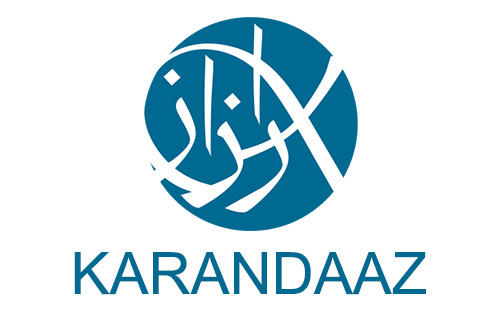ISLAMABAD ( PRESS RELEASE )
Karandaaz Pakistan,a Section 42 company working to promote access to finance for small businesses and financial inclusion in the country has launched a study on Warehouse Receipt (WHR)financing in Pakistan. WHR financing is a form of institutional credit that is extended by banks to farmers and traders against physical commodities stored in licensed warehouses.
The study assesses the current status of uptake of WHR financing in Pakistan Potential through in-depth interviews with current and potential users, suppliers and regulators of the scheme including the State Bank of Pakistan (SBP), provincial food departments in Sindh and Punjab, Securities and Exchange Commission of Pakistan (SECP), National Bank of Pakistan (NBP), Habib Bank Ltd. (HBL) and ZaraiTaraqiati Bank Ltd. (ZTBL). In addition, the study provides important insights on how WHR financing, through a well-developed ecosystem and strong institutional linkages between borrowers, banks, warehouses, and service providers, reduces post-harvest losses of agricultural commodities and enables growers to command better prices for their produce by avoiding distress sales immediately after harvest.
A comprehensive analysis of the price trend of major agricultural commodities over the last five years reveals that WHR financing could be a viable source of credit for wheat, rice, cotton and maize farmers in Pakistan. These commodities are storable and their post-harvest price trends over the last four to five years justify delayed marketing.It is worth noting that the majority of farmers in Pakistan have small landholdings – over 72 percent hold less than 8 acres of land. Once the system is strongly established, small farmers will also be able to benefit from WHR financing.
Sharing his thoughts, CEO Karandaaz Pakistan, Mr. Ali Sarfraz said,“WHR financing ecosystem is still a new concept. Pakistan has no licensed warehouse currently and there are no proper procedures in place for licensing and operating warehouses. In absence of proper information and data about the existing warehouses, the uptake of WHR financing will not be possible.Recent regulations by the SECP will enable the formation of collateral management companies and this will in turn have positive impact on this this mode of financing.”
In terms of recommendations, key areas that need further development for the implementation of a successful and effective system of WHR financing are establishment of collateral management companies that will license and ensure quality control of warehouses; establishment of a warehouse and storage network for agricultural produce; creation of a database on storage facilities; development of a commodity exchange market; and raising awareness of farmers.

